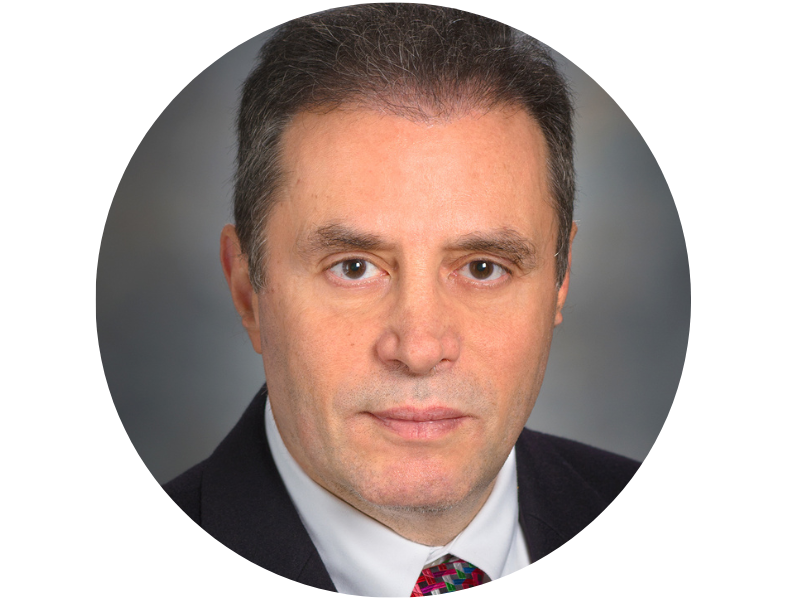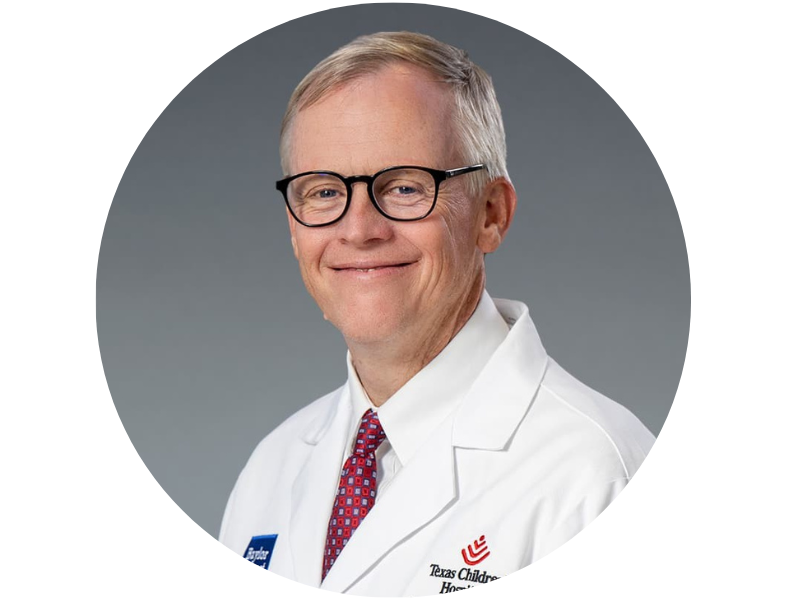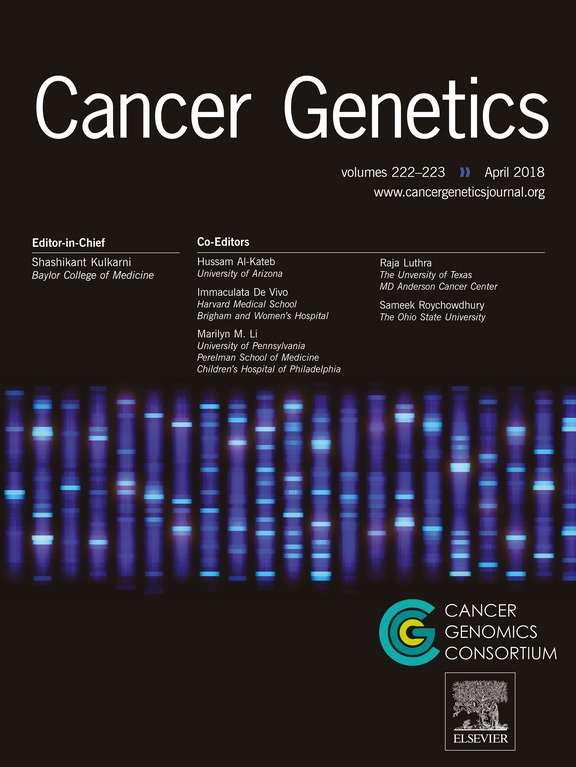2025 Keynote Speakers
Hagop Kantarjian, MD
Dr. Hagop Kantarjian, MD, is Chair of the Leukemia Department at MD Anderson Cancer Center in Houston, Texas. He is a fellow in health care policies at the Baker Institute at Rice University. His research focuses on translational-clinical developmental therapeutics in leukemia. With over 2,400 peer reviewed publications over the past 4 decades, Dr. Kantarjian has made numerous contributions that improved patient prognosis and survival across the leukemia entities.
In addition to his 40+ year career as a leukemia researcher, he has been involved in health care policies, and published extensively on issues related to the Affordable Care Act (ObamaCare), health care as a human right, cancer drug prices, 340B, HPV vaccines, and others.
Sharon A. Savage, MD
Sharon A. Savage, MD, is the Director of the Clinical Genetics Branch and Clinical Director of the Division of Cancer Epidemiology and Genetics at the National Cancer Institute (NCI). She received her MD from the University of Vermont College of Medicine, completed residency in Pediatrics at Children’s National Medical Center, Washington, DC, and fellowship in Pediatric Hematology-Oncology in the combined NCI-Johns Hopkins program.
Dr. Savage's internationally recognized research program combines clinical, genetic, and epidemiologic studies to advance understanding of cancer etiology and improve the lives of individuals with complex cancer-prone disorders.
Her work in inherited bone marrow failure syndromes has discovered numerous new genetic etiologies, advanced understanding of telomere biology, and provided unprecedented detailed clinical phenotype studies.
Dr. Savage created the NCI’s clinical and genetic study of Li-Fraumeni syndrome (LFS), a cancer-prone disorder often caused by germline mutations in TP53, resulting in robust quantification of cancer risk, genotype-phenotype correlations, characterization of the LFS-associated malignancies and a robust pediatric and adult cancer-screening regimen.
Known for her emphasis on international scientific collaboration, Dr. Savage established and co-leads the LFS Exploration (LiFE) research consortium, Clinical Care Consortium of Telomere-Associated Ailments (CCCTAA) and works closely with basic scientists to connect disease mechanisms with clinical manifestations.
Will Parsons, MD, PhD
Dr. Will Parsons, MD, PhD, is a board-certified pediatric oncologist and the Deputy Director of Texas Children’s Cancer and Hematology Center (Baylor College of Medicine, Houston, Texas). Dr. Parsons’ work has been instrumental in characterizing the genetic landscapes of a variety of pediatric and adult cancers, including the first identification of IDH1 and IDH2 as critical oncogenes in gliomas. Over the past decade Dr. Parsons has served as a principal investigator for seminal studies evaluating the use of clinical sequencing for childhood cancer patients as part of the NHGRI Clinical Sequencing Evidence-Generating Research (CSER) program: the BASIC3 study (2011-2017) for newly diagnosed patients at TXCH and the Texas KidsCanSeq study (2018-2022) for both newly diagnosed and relapsed patients at multiple study sites across the state of Texas.
Dr. Parsons has a particular interest in the development and evaluation of molecularly targeted therapies and has a number of leadership roles in this area including serving as the Children’s Oncology Group (COG) study chair for the NCI-COG Pediatric MATCH trial (the first nationwide precision oncology trial for children with relapsed and refractory solid tumors, lymphomas, and histiocytoses) and as a Steering Committee member for the NIH Pediatric Early Phase Clinical Trials Network. Dr. Parsons received his B.A. in chemistry from Princeton University and his M.D. and Ph.D. degrees from The Ohio State University College of Medicine. He completed his pediatric residency at Johns Hopkins University and his oncology/neuro-oncology fellowship training at Johns Hopkins and the Pediatric Oncology Branch of the National Cancer Institute.




